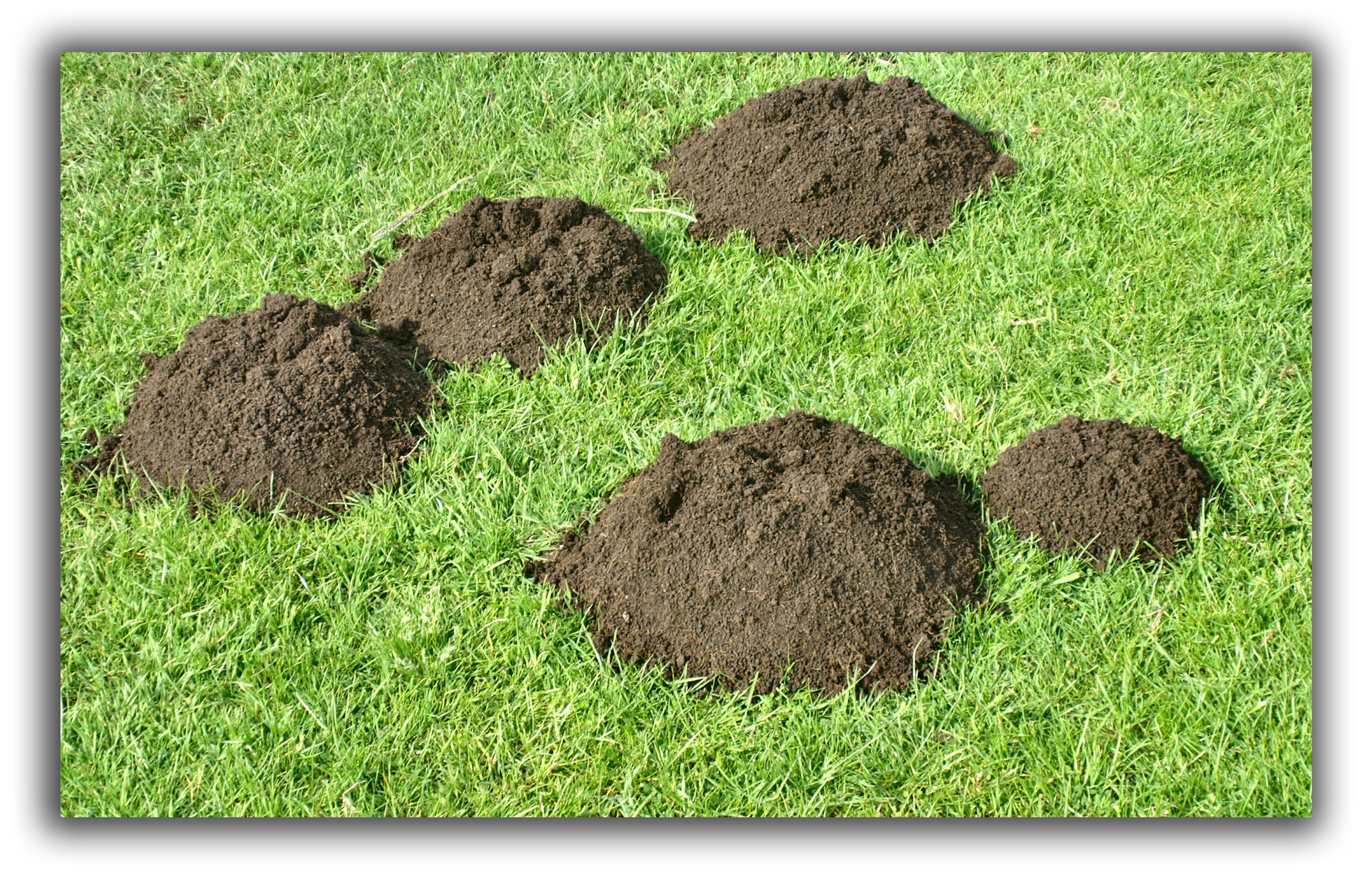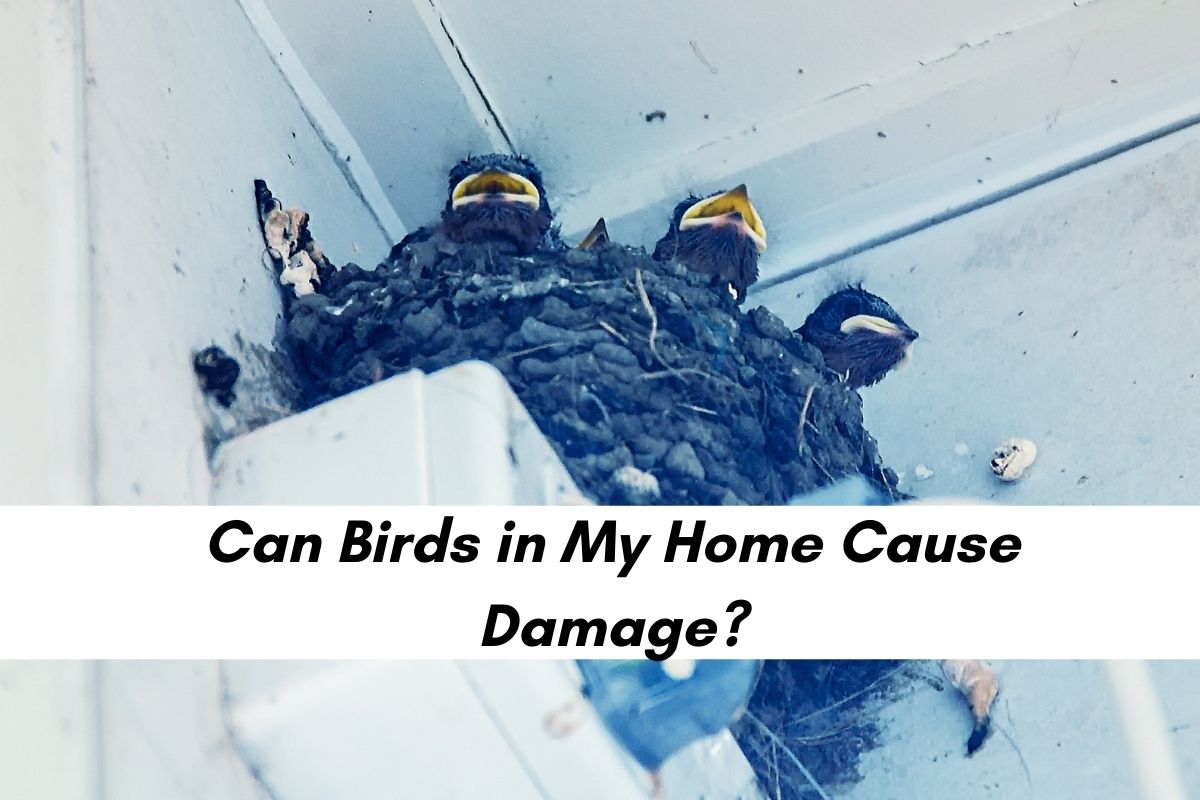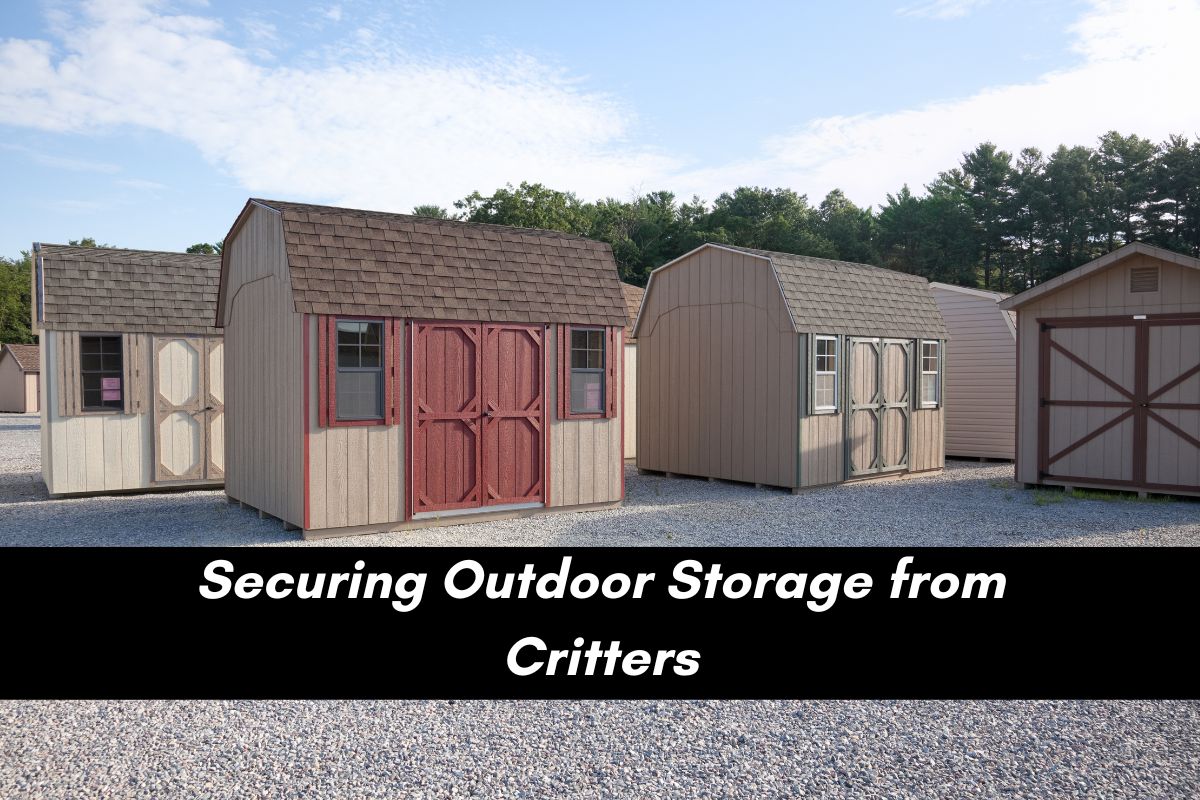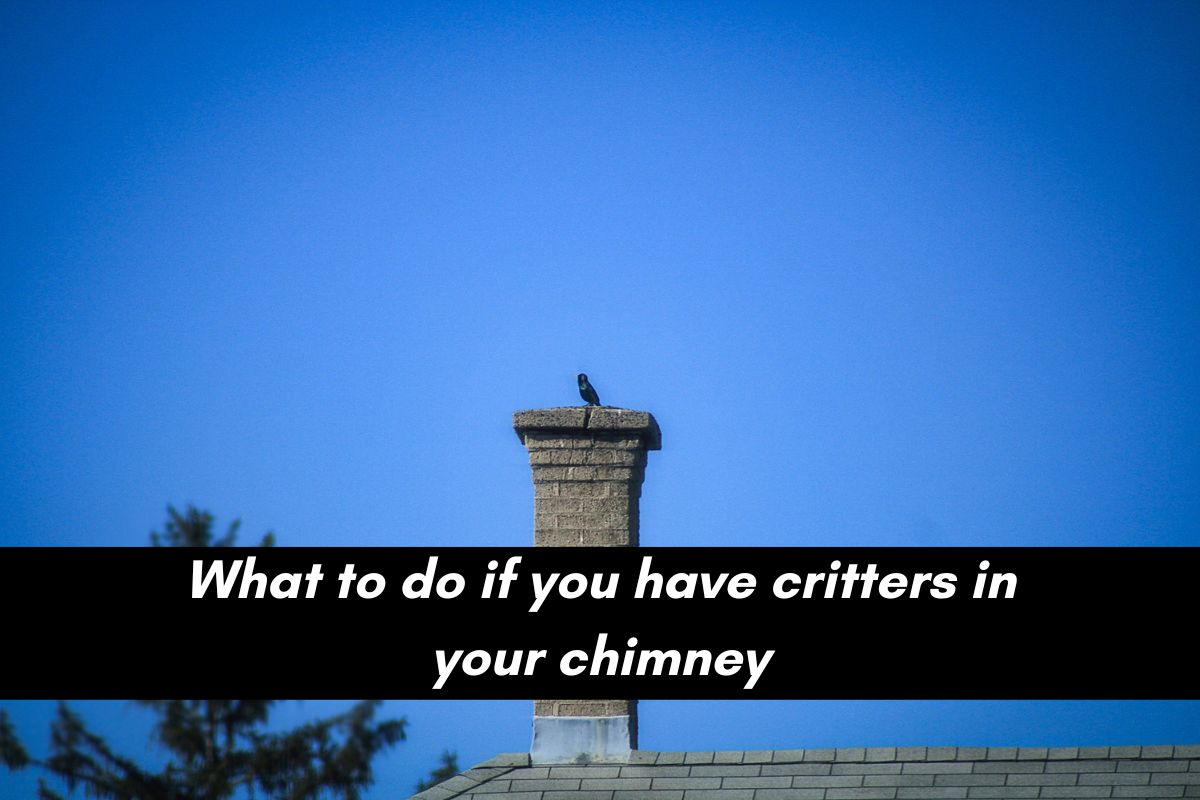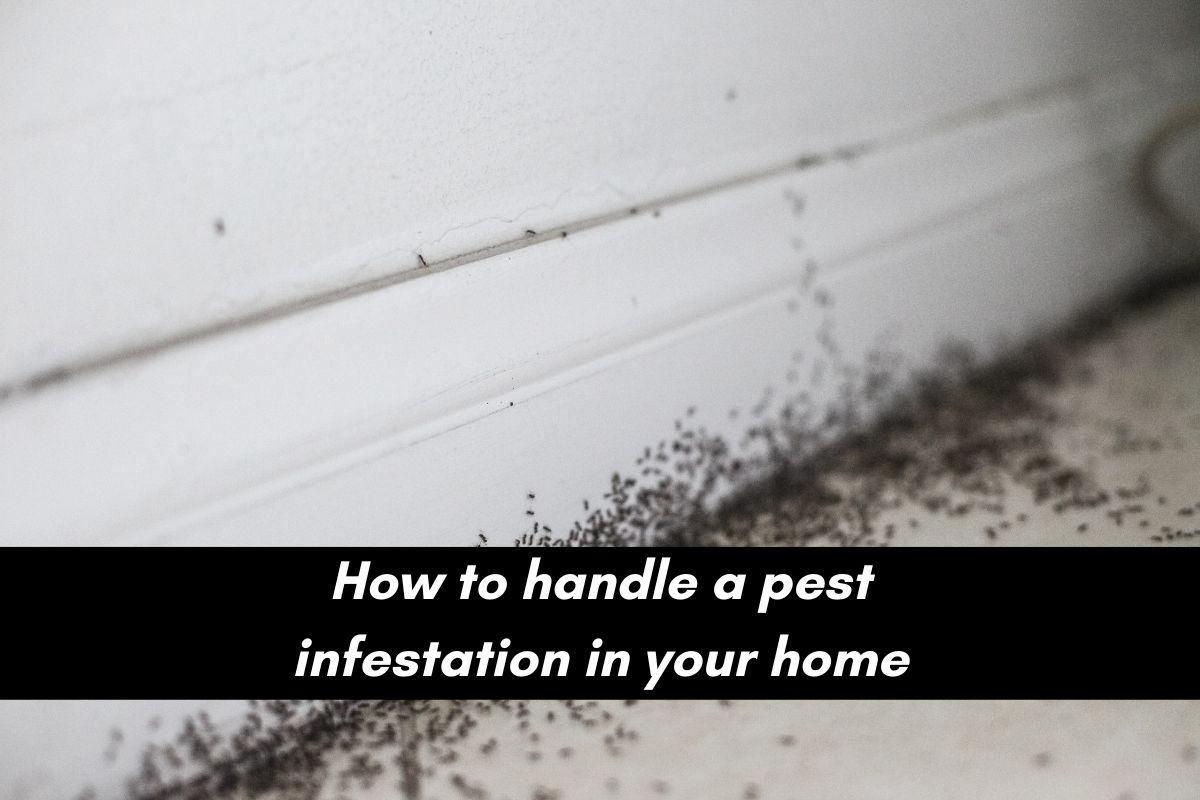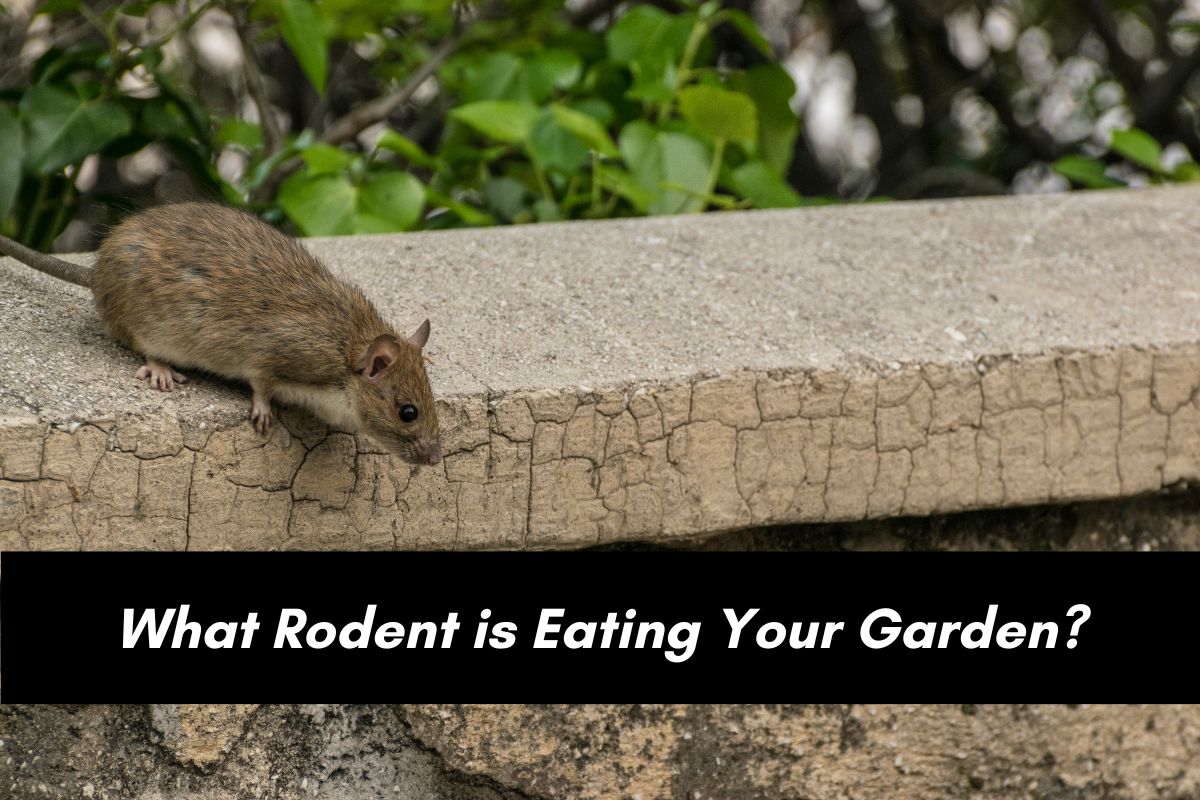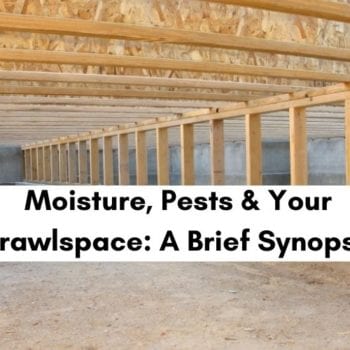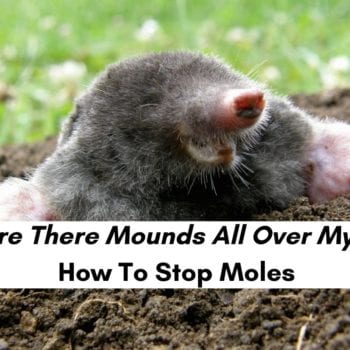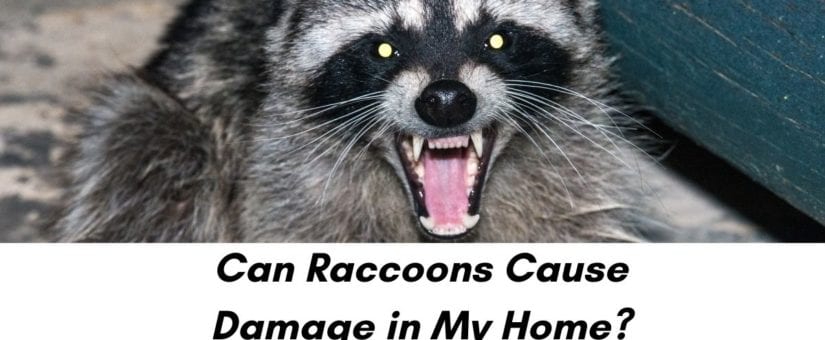
Are Raccoons Dangerous?
- Posted by JoeyO
- On February 19, 2021
- 0 Comments
Are raccoons causing damage to your property? These nocturnal mammals can be intimidating to deal with. They are larger than many pets and are aggressive in scrounging food and shelter from their surroundings. If you find evidence of their presence, you should consider calling for backup before any damage gets worse.
Raccoons have always been a bit of a mystery, with biologists unable to decide whether they are more closely related to the bear family or the weasel family. In most European countries, the word for raccoon literally means “wash bear,” for example waschbär in German, because they often wash their food before they eat it. Raccoons are actually even closer relatives of pandas, to the extent that there are many studies of whether pandas belong more in the bear family or raccoon family — turns out giant pandas are closer to bears and red pandas closer to raccoons. This has also led to the humorous nickname “trash panda” for raccoons.
Common raccoon damage
All that aside, these mini panda-ish creatures are not always a joy to have around. They are very skilled at using everything around them to aid their survival, and they are not shy about it. Here is a list of the most likely ways homeowners in the Triad will experience raccoon damage.
- Attic break-ins — Raccoons are great climbers and have strong paws with sharp claws. They can easily scale a home and then enter your attic. In addition to the damage to the siding, gutters and roofing to make their entrance, they can also damage the interior by destroying insulation, leaving behind waste and chewing on stored items or even electric wires.
- Trash frustration — True to their “trash panda” name, raccoons are the most likely culprit for a knocked over trash can. While this tends not to cause permanent damage, having your cans repeatedly knocked over and the trash strewn around is enough to call for help. If they have chewed a hole in a plastic trash can, they may have constant easy access to your trash, and you may need to clean up disgusting trash again and again.
- Garage nests — While not as common as the attic, raccoons look for a dry warm place with nearby access to food, and sometimes a garage or shed does the trick nicely. Once inside, they will become territorial of these spaces, especially if it is a mother who made it her den to birth young. Damage to items in the garage or shed is likely, as is accumulation of waste.
- Harm to pets — It isn’t just your home or possessions that can be damaged, pets are often harmed by raccoons in battles over food. There are countless videos online of raccoons who have claimed a pet’s food dish on the porch as their own, and who defend it against the rightful owner, whether it be a dog, cat or other pet. Maybe the pet is larger and would ultimately win a struggle, but a scratch or bite from a raccoon with a disease could end up causing harm long term.
- Yard damage — There are many elements of a typical yard that are attractive to a raccoon. If you have a bird feeder, you may find that raccoons empty out the food. Those with fish ponds often complain raccoons come at night and eat the fish. Sometimes, raccoons will simply dig up worms or grubs in the grass, but this can leave unattractive spots of dead grass that take a while to heal.
How to prevent raccoons from choosing your home to damage
Because raccoons are agile, strong, great climbers and operate at night, it may seem like they would be impossible to stop. But there are a few steps one can take that will at least lessen the chances that they will enter your attic, crawl space, garage or shed.
The first thing you can do is keep food sources away from your home; this includes bird feeders, outdoor pet dishes, fish ponds, open trash cans and anything else that will be attractive to a raccoon on the hunt for a meal. Secondly, you can trim back any trees that give easy access to your roof. Thirdly, get rid of debris or other places that are good hiding spots for raccoons directly around your home.
If all else fails, though, you may need to call in the experts. For all things raccoon in the Piedmont Triad, Critter Control of the Triad should be your first call. Those in Guilford, Forsyth and Alamance counties can call (336) 370-0445 for more information on raccoon damage and prevention.




